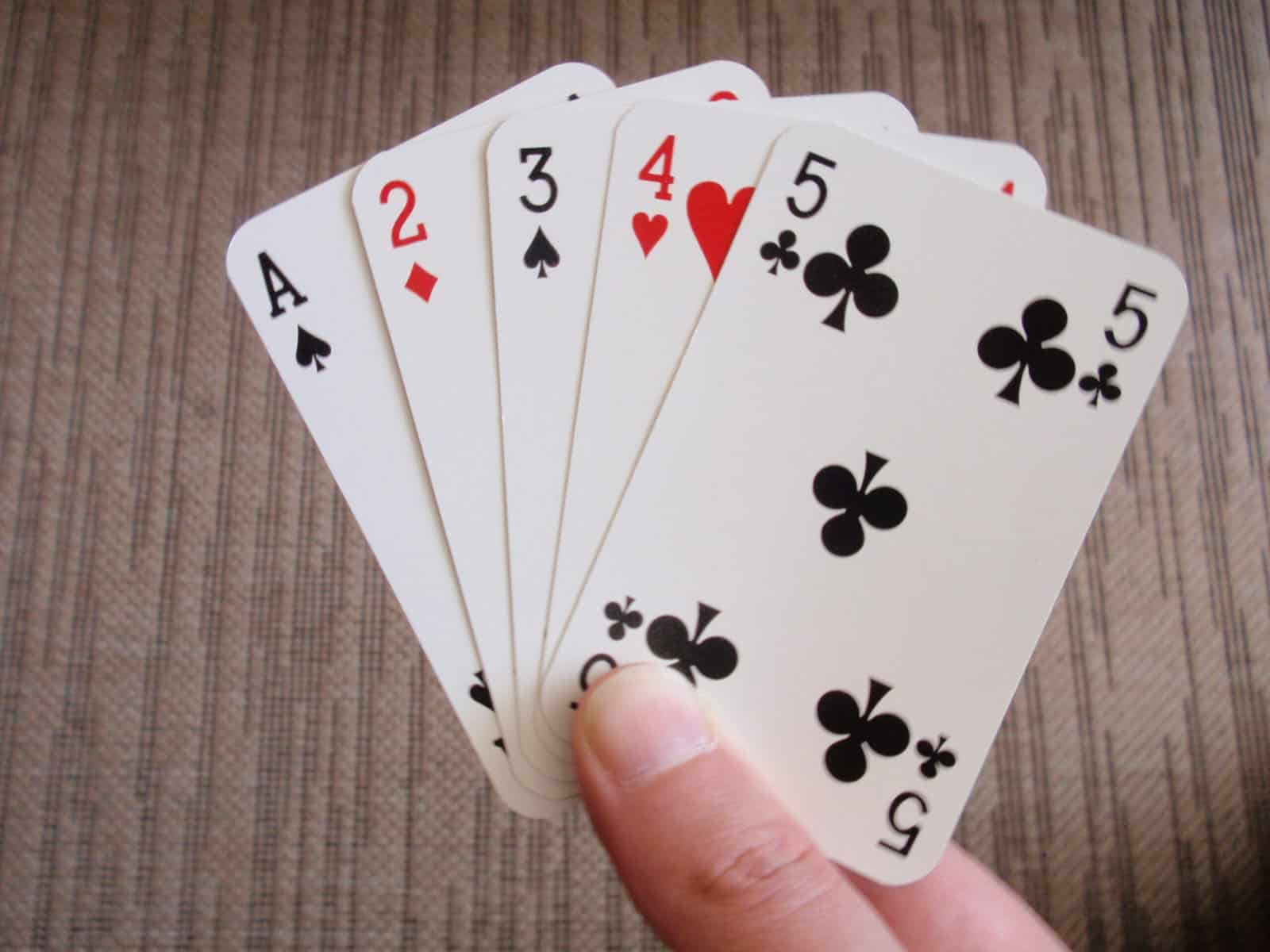Welcome to the Delightful World of Card Games: A Parent’s Primer!
Hey there, awesome parents! Are you ready to unlock the magical kingdom of card games with your kiddos? Whether it’s a rainy day indoors or you’re just looking for a fantastic way to bond as a family, card games are a classic hit that never get old. So shuffle those decks and get ready for some quality time filled with giggles and learning – we’re about to lay down some royal tips just for you!
Why Card Games Make the Perfect Family Bonding Tool
Before we dive into the ‘how-tos,’ let’s spill the tea on why card games are a bewildering choice for family time:
- Universal Appeal: With a vast array of card games out there, there is something to tickle everyone’s fancy, from toddlers to grandparents!
- Brain Boost: Card games get those little neurons firing, enhancing memory, strategy, and math skills.
- Social Skills Galore: Kids learn precious life lessons like taking turns, good sportsmanship, and effective communication.
- Portability Power: Easy to pack and play anywhere – take your card games on vacations, to grandma’s house, or even to the local park!
- Endless Variety: From Go Fish to Crazy Eights, there’s always a new game to explore and master, keeping things fresh and exciting.
Selecting the Right Card Games for Your Family
Wondering how to pick the perfect card games for those tiny tots and cool tweens? Worry not! Here’s a golden needle for threading through the haystack of choices:
- Age Appropriateness: Check the recommended age range to ensure the game is suitable for your child’s developmental stage.
- Simplicity: Start with easy-to-understand games for the little ones. Go Fish and Old Maid are fantastic starting points!
- Educational Value: Look for games that subtly teach valuable skills. Did someone say ‘multiplication with playing cards’?
- Fun Factor: If it’s not bursting with fun, it’s not worth it. Play games that bring joy and laughter to your family’s card table.
Tips for Teaching Kids How to Play
Armored with the perfect game, it’s time to school those eager minds! But don’t fret; we’ve got your back with pro tips for a smooth teaching and learning experience:
- Break it down into bite-sized instructions. Overloading with rules can scare the excitement out of the room!
- Patience is a virtue, especially when little ones are trying to grasp new concepts. Keep it cool and encouraging.
- Visual aids are your best friend. Use colorful cards and props to solidify understanding and pique interest.
- Practice makes perfect, right? Play several practice rounds to solidify those newly learned rules.
- Learning is a two-way street. Encourage them to ask questions and make suggestions; it’ll boost their confidence in droves!
Ensuring a Fun and Educational Experience
All set for the tutorial rounds? Superb! But how do you ensure that these card game sessions are a hoot and beneficial? Here’s some expert advice:
- Keep the atmosphere light and playful. It’s all about the experience, not just winning or losing.
- Compliment their efforts and strategies. Positive reinforcement works wonders.
- Incorporate little learning moments. Sneak in math and probability talking points when it feels natural.
- Switch up roles. Let them be the dealer or the rules ‘referee’ to give them a sense of responsibility and control.
- Laugh off the mistakes. They’re just stepping stones to becoming card game connoisseurs!
Remember, the goal is to make lasting memories while enriching those moldable minds. So, ready to shuffle up some fun and learning? Stay tuned for the next installment of our guide, where we’ll delve into some classic card games, detailed rules, and how to level up your game night!

5 Things Parents Should Know in Preparing for Game Time
Ready to deal out some fun? Here’s a handy checklist to ensure you’re prepared for a smashing success at your family’s card game extravaganza:
- Variety is the Spice of Life: Have a deck of standard playing cards at hand but also consider adding a few special decks to your collection. Games like Uno, Skip-Bo, or Rat-a-Tat Cat can add a fantastic twist to game night and cater to all ages.
- Setting the Stage: Create a comfortable and distraction-free environment. A cozy corner with a stable table and good lighting will set the mood for focus and fun. Ensure the playing area is clear and comfortable for all players.
- Game Duration: Kids’ attention spans can be as short as a game of Snap! Choose games with the appropriate length to keep them engaged without tiring them. Starting with quick games can lead to longer, more complex games as they grow.
- Stacked Deck: With the marvels of the internet, you can print out cheat sheets or summaries of the rules for any game. Keep these handy during play to help with questions and to make rule explanations easier for everyone.
- Refreshments and Breaks: Have some light snacks and hydration ready. Healthy finger foods and water can refuel those brilliant brains and keep the spirits high. Plus, scheduled breaks can help manage the energy level in the room.
Pack up these five game night essentials, and you’ll be the undisputed king or queen of hearts in your household’s card game realm.
Learning Through Play: Advanced Strategies
After your family has mastered the basics, it’s time to introduce some advanced strategies! Here’s how to raise the stakes and enrich playtime even further:
- Brush up on probability and statistics together. Games like Poker and Hearts are excellent opportunities to chat about chances and what moves might be most optimal.
- Encourage memory games. Matching games and classic memory can sharpen recall in a fun, dynamic way!
- Introduce storytelling through cards. Games like Once Upon A Time use cards to create a spontaneous and unique storyline each time you play.
- Go beyond the game – design your own games or variations of existing games. This inspires creativity and critical thinking.
These advanced tips for card-playing families will ensure your little ones are not only having fun but also picking up valuable skills that spill over into their daily lives.
Digital Detox: Embracing Traditional Games in the Digital Age
In a world brimming with screens and digital games, why turn to card games for entertainment? Here’s a snippet on the irreplaceable charm of traditional card games:
- Card games provide a tactile experience that digital games can’t replicate – shuffling, dealing, and holding the cards in your hand.
- They open up conversations and interactions that may not happen with video games or apps.
- Card games are an economical and sustainable option that can last for years, unlike devices that can become quickly outdated.
- They help nurture an appreciation for simple joys and the value of unplugged leisure.
Card games are a treasure trove of joy and learning. They blend nostalgia with priceless face-to-face interaction, making them a cherished family pastime even in our tech-centric world.
Card Game Glossary: Speak the Lingo Like a Pro
Feeling a bit lost with all the card game jargon? Here’s a quick glossary to get you up to speed:
- Trick-taking:
- A style of game where players compete to collect ‘tricks’ or sets of cards by winning rounds, often found in games like Spades or Bridge.
- Shuffle:
- The act of mixing up the cards before a game. There are many ways to shuffle, including the riffle shuffle, overhand shuffle, and the pile shuffle.
- Deal:
- Distributing cards to players at the start of a game or round.
- Hand:
- The cards each player holds, kept secret from the other players.
- Face cards:
- Kings, Queens, and Jacks, which often feature illustrations of royal figures.
- Suit:
- One of the four categories into which the cards in a deck are divided: hearts, diamonds, clubs, and spades.
- Wild card:
- A card that can represent any other card the player chooses, often leading to surprising twists in gameplay!
Armed with this lingo, you’ll feel like a seasoned card shark at your next game night. Now, let’s get that game started!
For more great fun click here. For more information see here
Disclaimer
The articles available via our website provide general information only and we strongly urge readers to exercise caution and conduct their own thorough research and fact-checking. The information presented should not be taken as absolute truth, and, to the maximum extent permitted by law, we will not be held liable for any inaccuracies or errors in the content. It is essential for individuals to independently verify and validate the information before making any decisions or taking any actions based on the articles.




